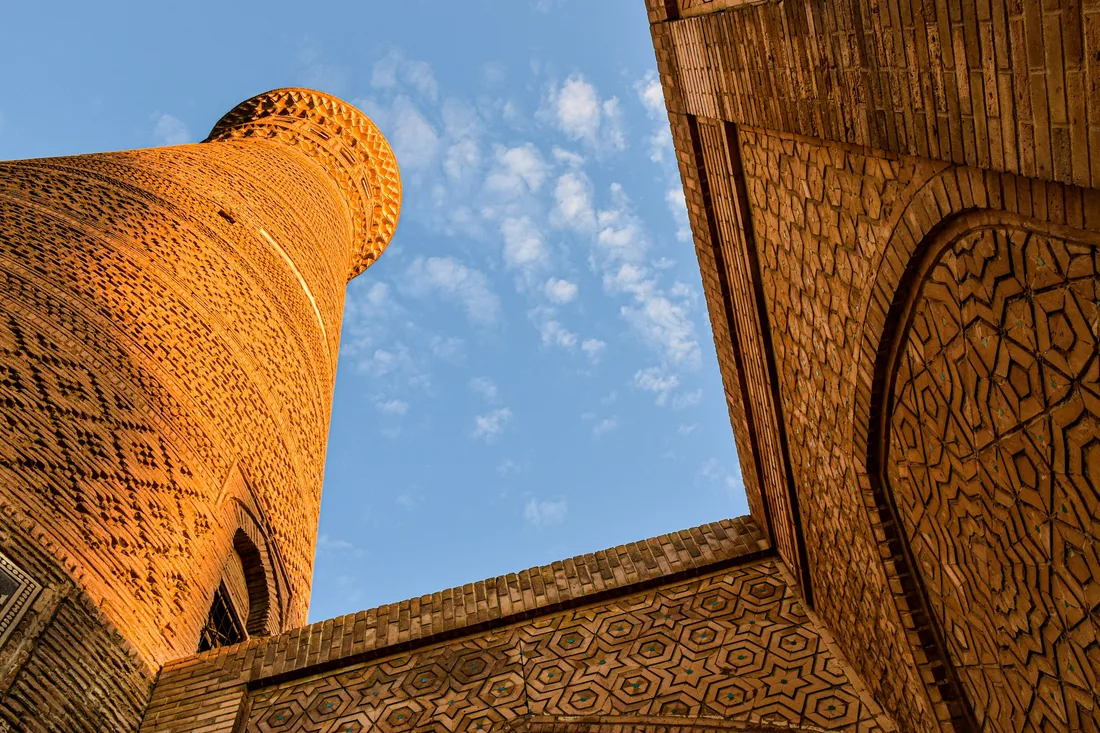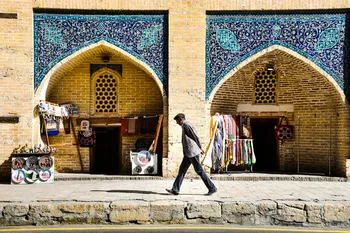
This financial support is part of a broader strategy to facilitate the country's transition to a green economy, which is essential for addressing the challenges posed by climate change and ensuring long-term economic resilience.
Overview of the Loan Agreement
Approved on November 18, 2024, the loan will be utilized to finance projects that focus on enhancing environmental sustainability and promoting inclusive growth across various sectors of the Uzbek economy. The initiative aligns with Uzbekistan's National Development Strategy and its commitment to transitioning towards a greener economy as outlined in the Strategy for Uzbekistan’s Transition to Green Economy 2019-2030.
Objectives of the ADB Loan
- Support Green Investments: The loan aims to mobilize investments in renewable energy, energy efficiency, and sustainable agricultural practices.
- Enhance Climate Resilience: Projects funded by this loan will focus on adapting to climate change impacts, particularly in vulnerable regions such as Karakalpakstan.
- Promote Inclusive Growth: Special emphasis will be placed on empowering marginalized communities and ensuring equitable access to resources and opportunities.
- Strengthen Institutional Capacity: The ADB will assist in building the institutional frameworks necessary for effective implementation of green policies.
Strategic Importance of the Loan
This financial support is crucial as Uzbekistan grapples with significant environmental challenges, including water scarcity exacerbated by climate change. The government has recognized that sustainable development is not only vital for environmental health but also for economic stability and growth. The ADB's involvement underscores its commitment to fostering regional cooperation and sustainable development across Asia.
Alignment with National Policies
The ADB's loan is in direct alignment with several key national policies aimed at promoting sustainable development:
- National Development Strategy (2017-2021): This strategy emphasizes economic diversification and sustainability as core objectives.
- Nationally Determined Contributions (NDC): Uzbekistan's commitments under the Paris Agreement necessitate significant investment in green technologies and practices.
- Green Economy Strategy (2019-2030): This framework outlines specific goals for reducing carbon emissions and enhancing environmental sustainability across various sectors.
The Role of ADB in Central Asia
The ADB has been instrumental in supporting Central Asian nations in their development journeys. Since its inception, the bank has committed over $10 billion in loans, grants, and technical assistance to Uzbekistan alone. The focus has been on fostering economic reforms that transition economies towards market-driven models while also addressing social inequalities.
Expected Outcomes of the Project
The anticipated outcomes from this loan include:
- Sustainable Economic Growth: By investing in green technologies, Uzbekistan aims to create a more resilient economy that can withstand external shocks.
- Job Creation: Green investments are expected to generate new employment opportunities, particularly in rural areas where economic activities are limited.
- Improved Quality of Life: Enhanced infrastructure and services will lead to better living conditions for citizens, particularly those in underserved communities.
- Strengthened Environmental Policies: The project will help reinforce regulatory frameworks that support sustainable practices across sectors.
The approval of the $250 million loan by ADB marks a significant step forward for Uzbekistan as it seeks to implement its green economy strategy. This initiative not only aims to address immediate environmental challenges but also sets the foundation for long-term sustainable development. As global attention increasingly focuses on climate action, Uzbekistan’s proactive approach highlights its commitment to building a resilient and inclusive future.
More info:







